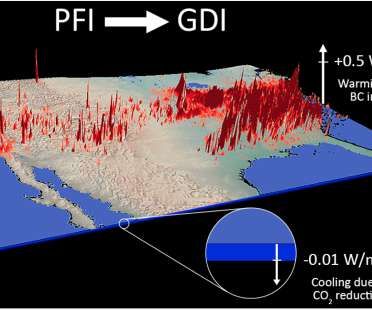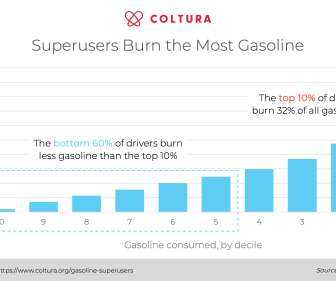NYC study of actual fuel economy of fleet finds hybrids more fuel efficient as compared to conventional vehicles than expected
Green Car Congress
JUNE 6, 2020
Using telematics, NYC Fleet, part of New York City’s Department of Citywide Administrative Services (DCAS), recently analyzed actual fuel economy in its hybrid and non-hybrid vehicles and compared it to the EPA ratings for each make and model. This system has improved the ability to report on use-based fuel economy per vehicle.





































Let's personalize your content